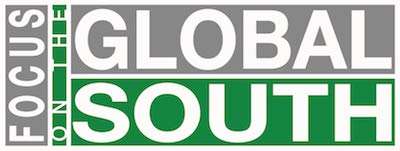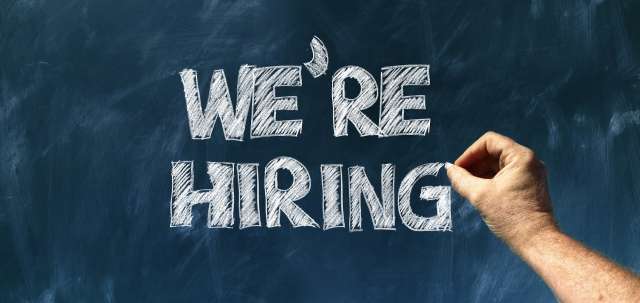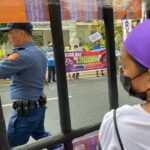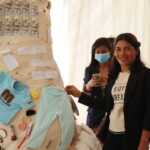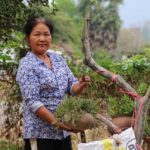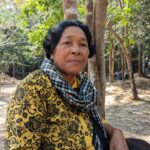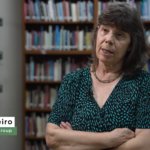Andi Haswidi, The Jakarta Post, Batam
Only the rich nations that are not affected by IMF policies benefit from the institution’s reforms, a speaker at Batam’s International Peoples Forum said Friday.
Walden Bello, a professor of sociology and political economy from the University of the Philippines, said that the IMF had been suffering legitimacy problems ever since its failure to deal with the 1997 Asian financial crisis.
Since then, the agency’s big debtors like Brazil, Argentina and Thailand had paid off their debts to the body as quickly as possible, so they could regain their financial sovereignty, he said.
“The crisis of legitimacy is translating into a budgetary crisis for the IMF because developing countries are refusing to gain more debt from it,” he said.
Bello said total lending by IMF had decreased significantly since 2005 and the decline would likely continue until 2009.
The question of the IMF’s legitimacy was also felt throughout Europe where many protests have been held, urging the European governments to back away from funding the body because it had failed to cope with global poverty.
This week, a protest in London succeeded in ensuring the United Kingdom withheld some 50 million pounds of funding from the body.
“With respect to this reform agenda, the real winner of this so-called effort to change the (IMF) voting share depending on GDP is the U.S.,” Bello said. The United States, as the biggest funder of the institution, is the largest voting share holder, giving it the most power to influence the institution’s decisions.
The IMF is a financial agency with 184 members, where each dollar donated is counted as a vote.
A major decision requires an 85 percent majority vote, which ensures that the U.S., with 17 percent of the votes, has a veto over the fund’s substantial business. The 80 poorest countries have about a 10 percent voting share between them.
At the current IMF summit in Singapore, the body aims to democratize by giving more voting power to China, South Korea, Turkey and Mexico. However, this would be at the expense of other developing countries, delegates in Batam said.
Sameer Nadim, the executive director of 50 Years is Enough, a U.S. based civil society organization (CSO) dedicated to the profound transformation of the World Bank and IMF, said that the four new countries would not be affected by the institutions’ policies.
However, “Southern Africa will lose half of its voting shares under the current reform proposal. All the countries in Africa, controlling 5 percent of the voting shares in total, will go down to 2.5 (percent),” Nadim said.
“So, if we look at the principle under which the idea is proposed, it means that the least affected you are (by IMF policies), the more power you will have. But if you are more affected, you will have less power,” he said.
Bello suggested there should be alternatives for sources of development funding apart from Breton Woods, the collective name for the IMF and the World Bank.
“There has been an effort in Latin America where countries like Venezuela, Bolivia and Cuba have established an alternative body for development funding,” he said.
Bello was referring to the Bolivarian Alternative for the Americas (ALBA). A funding body initiated by Venezuela and Cuba, ALBA is an alternative to the Free Trade Area of the Americas (FTAA or ALCA in Spanish) proposed by the United States.
Activists at the talks agreed on the establishment of regional funding bodies because they would understand the complexity of a region better than international institutions like the IMF.
